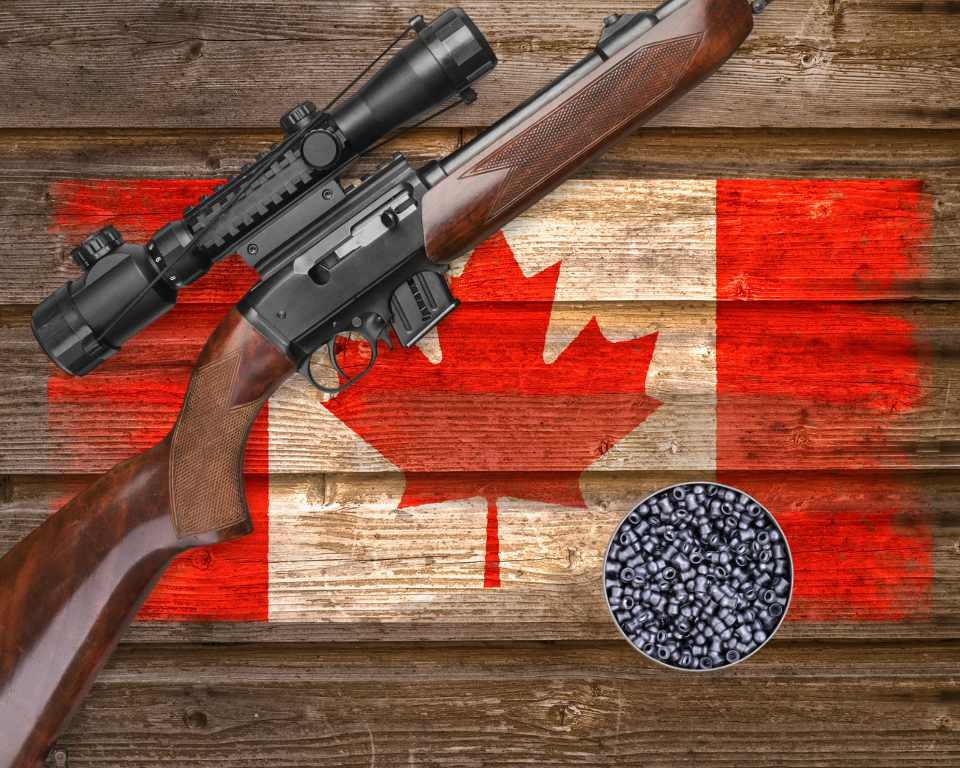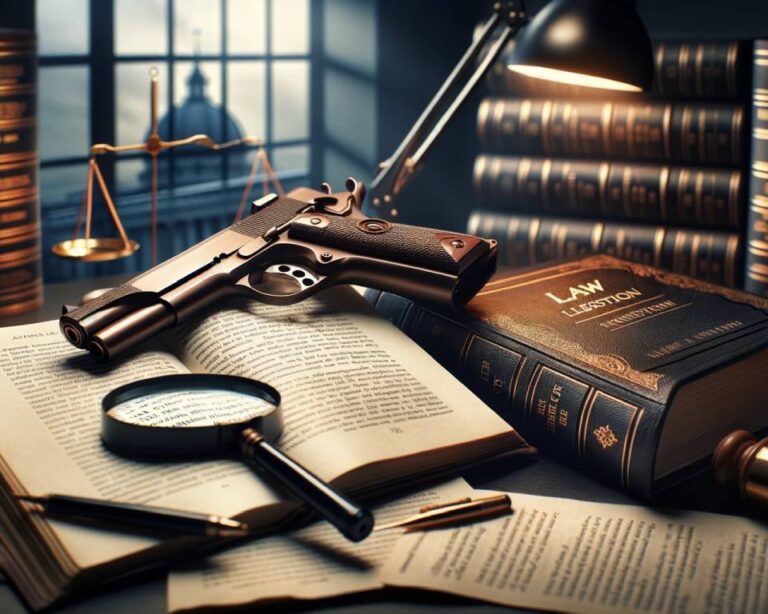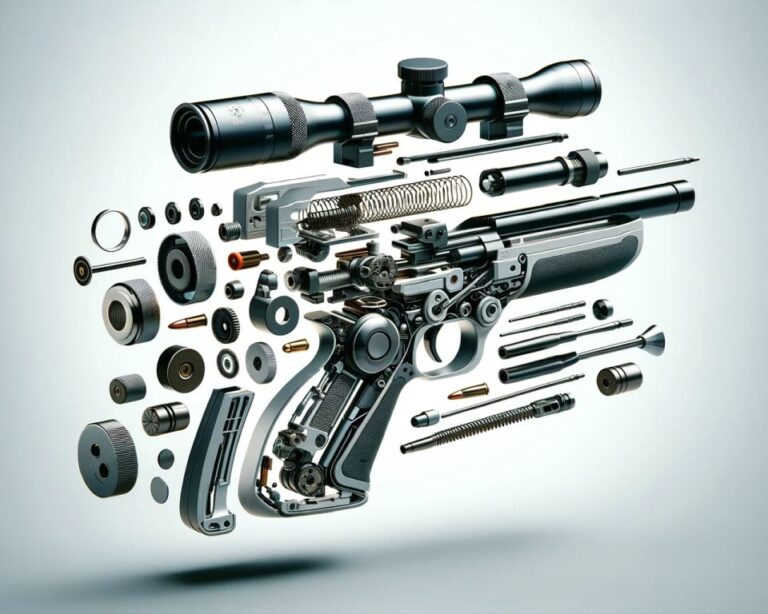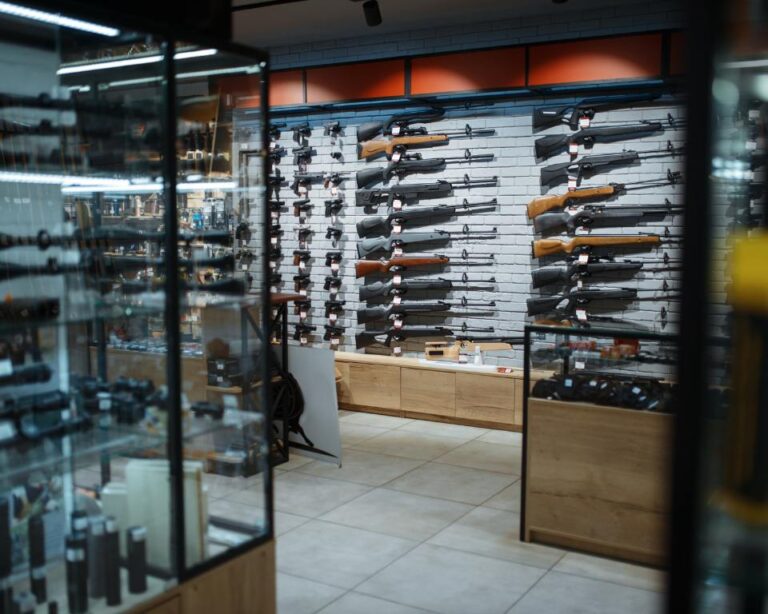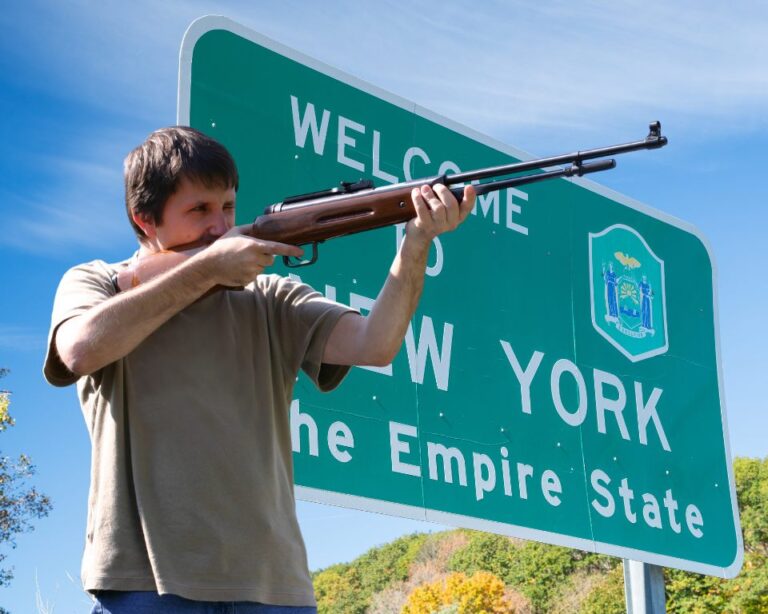Airguns in Canada: Legal Status and Restrictions
Welcome to our comprehensive guide on the legal status and restrictions surrounding airguns in Canada. Whether you’re a Canadian resident or planning to buy airguns in Canada, it’s crucial to understand the regulations governing their possession, use, and classification. In this article, we will explore the various categories of airguns and their corresponding legal requirements. So, let’s dive in!
Key Takeaways:
- Airguns in Canada are classified based on their muzzle velocity and energy.
- High-powered air rifles may be classified as non-restricted firearms, depending on their design.
- Airguns that meet the Criminal Code definition of a firearms require compliance with provincial and municipal laws.
- Replica airguns and low-powered airguns have their own set of regulations.
- Airguns that resemble real firearms but have insufficient power are classified as replica firearms.
Airguns as Firearms under the Firearms Act
Certain air guns in Canada are considered firearms under the Firearms Act if they have a high muzzle velocity and muzzle energy. To be classified as firearms, these air guns must exceed both thresholds: 152.4 meters/500 feet per second for muzzle velocity and 5.7 joules/4.2 foot-pounds for muzzle energy. As such, high-powered air guns require the same license and registration as conventional firearms.
Owners and users of high-powered air guns must adhere to the regulations set forth by the Firearms Act. This includes following guidelines for storing, transporting, displaying, and handling these air guns safely. It is essential to prioritize safety and responsible ownership.
When it comes to the classification of high-powered air rifles, their design plays a determining role. Some high-powered air rifles may fall under the category of non-restricted firearms. However, if an air rifle strongly resembles an assault rifle due to its model and features, it may be classified as either non-restricted, restricted, or prohibited. For example, fully automatic high-powered air rifles or those with a sawed-off barrel are considered prohibited firearms.
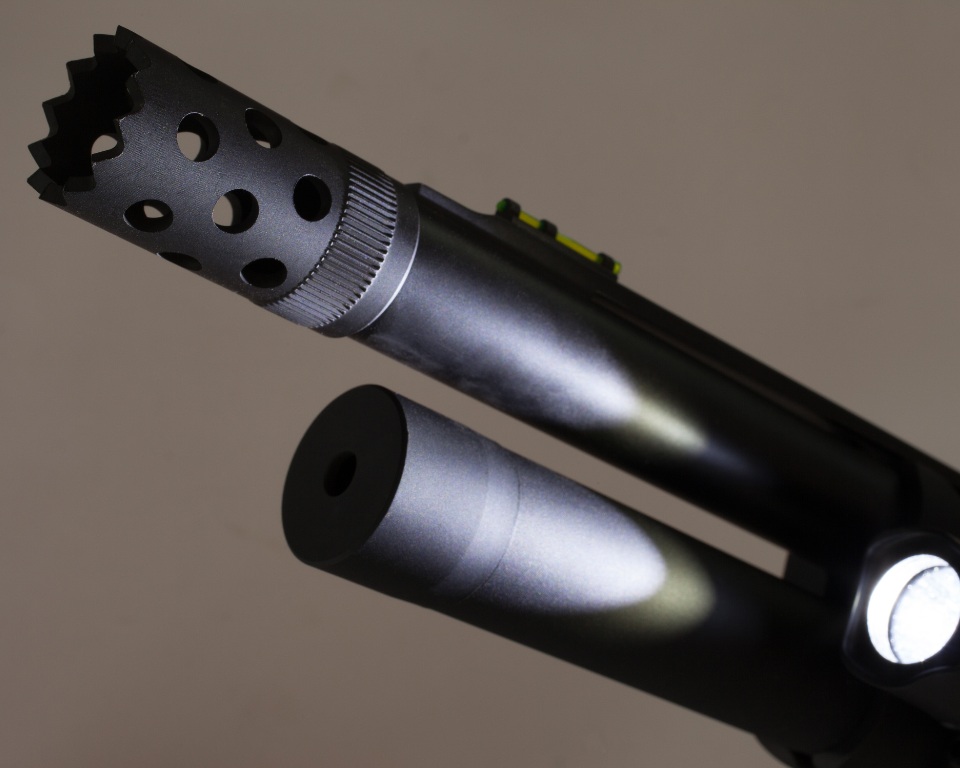
Furthermore, air rifles equipped with a folding stock that reduces the overall length to less than 660mm may be classified as restricted firearms. It is important to familiarize yourself with the specific regulations and classifications for different types of air rifles to ensure compliance with the law.
Airguns as Firearms under the Criminal Code
Air guns that meet the Criminal Code definition of a firearm but do not meet the criteria to be classified as firearms under the Firearms Act have separate regulations. These air guns have a maximum muzzle velocity of 152.4 meters or 500 feet per second and/or a maximum muzzle energy of 5.7 joules or 4.2 foot-pounds. While they are exempt from licensing, registration, and other requirements under the Firearms Act, they are still considered firearms under the Criminal Code if used to commit a crime.
The possession, acquisition, and use of these air guns for lawful purposes are primarily regulated by provincial and municipal laws and by-laws. Some provinces may have specific regulations, such as setting a minimum age for acquiring these air guns. The safe storage, transportation, and handling of these air guns must comply with the Criminal Code requirements for reasonable precautions.
Airguns as Replica Firearms
Air guns that are designed to resemble real firearms with near precision, but are not powerful enough to cause serious injury or death, are classified as replica firearms. These replicas are considered prohibited devices, excluding replicas of antique firearms. One example of such replicas is airsoft guns, which are popular among enthusiasts for recreational purposes. Airsoft guns typically have a low muzzle velocity and energy, and they discharge projectiles made of substances like plastic or wax.
It is essential to note that individuals who owned replica firearms before December 1, 1998, are allowed to possess them without a license or registration. However, it is important to adhere to the regulations and restrictions in place regarding the possession and use of replica firearms.
“Replica firearms are a great alternative for individuals who enjoy the aesthetics and experience of handling firearms but prioritize safety and recreational use,” says Mark Thompson, an airgun enthusiast and owner of Airguns R Us, a reputable airgun store in Canada.
Importing or acquiring a replica firearm is not permitted, and taking a replica firearm out of Canada is also prohibited. The Criminal Code imposes severe penalties for using a replica firearm or imitation firearm to commit a crime. These measures are in place to ensure public safety and prevent potential harm or confusion that may arise from the use of replica firearms in inappropriate situations.
When considering replica firearms, it is essential to consult reputable airgun retailers in Canada. These retailers offer a wide range of options and can provide guidance on the legal aspects and responsible use of replica firearms. Additionally, they offer accessories and products specific to replica firearms, enhancing the overall experience for enthusiasts.
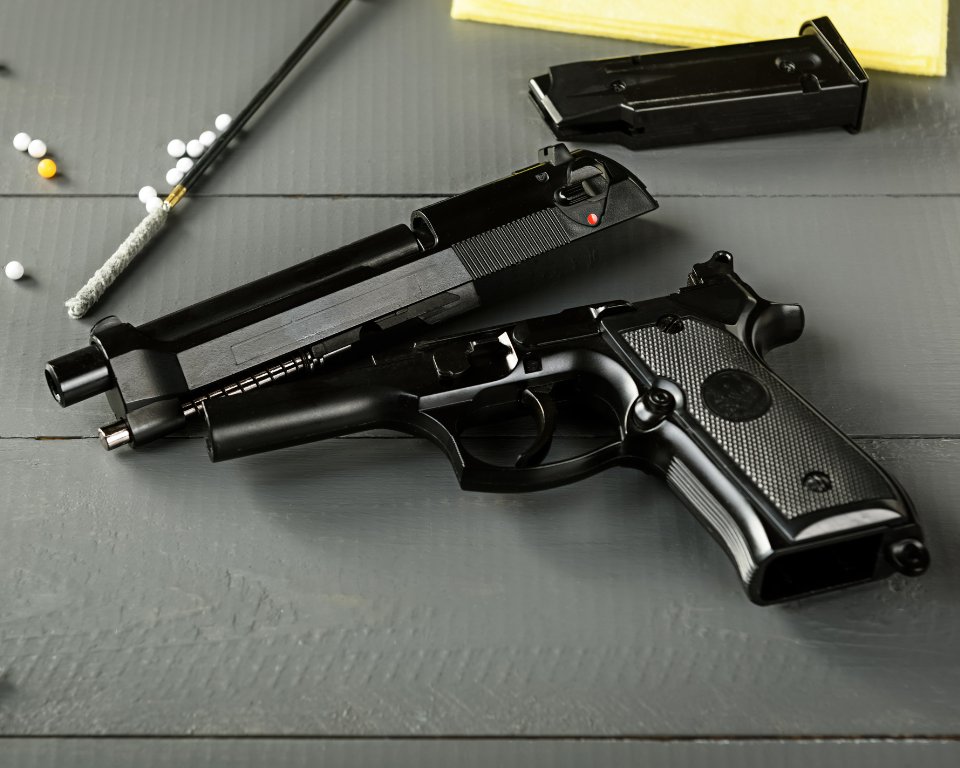
Airguns that are Neither Firearms nor Replicas
When it comes to air guns in Canada, not all fall into the categories of firearms or replicas. There are air guns that are neither powerful enough to be classified as firearms nor closely resemble real firearms. These may include air guns made of clear plastic or obvious child’s toys. While they generally fall within the definition of an “imitation firearm,” it is important to note that they may still be subject to penalties under the Criminal Code if used to commit a crime.
For those looking to buy airguns in Canada that are neither firearms nor replicas, there is a range of options available. These air guns serve purposes such as recreational shooting or pest control and can be found at reputable airgun retailers in Canada. When searching for the best airguns in Canada, it is important to consider factors such as accuracy, power, and durability. Additionally, buyers should ensure compliance with all relevant laws and regulations regarding the possession, transportation, and use of air guns in their province or municipality.
It is worth noting that antique firearms are subject to their own separate regulations and exemptions in Canada. Antique firearms, including those manufactured before 1898 and those with specific characteristics, do not require a firearms license or registration. Furthermore, there are no restrictions on selling, buying, bartering, or giving away antique firearms. However, it is always recommended to verify the specific regulations and requirements pertaining to antique firearms in your jurisdiction before engaging in any transactions.

